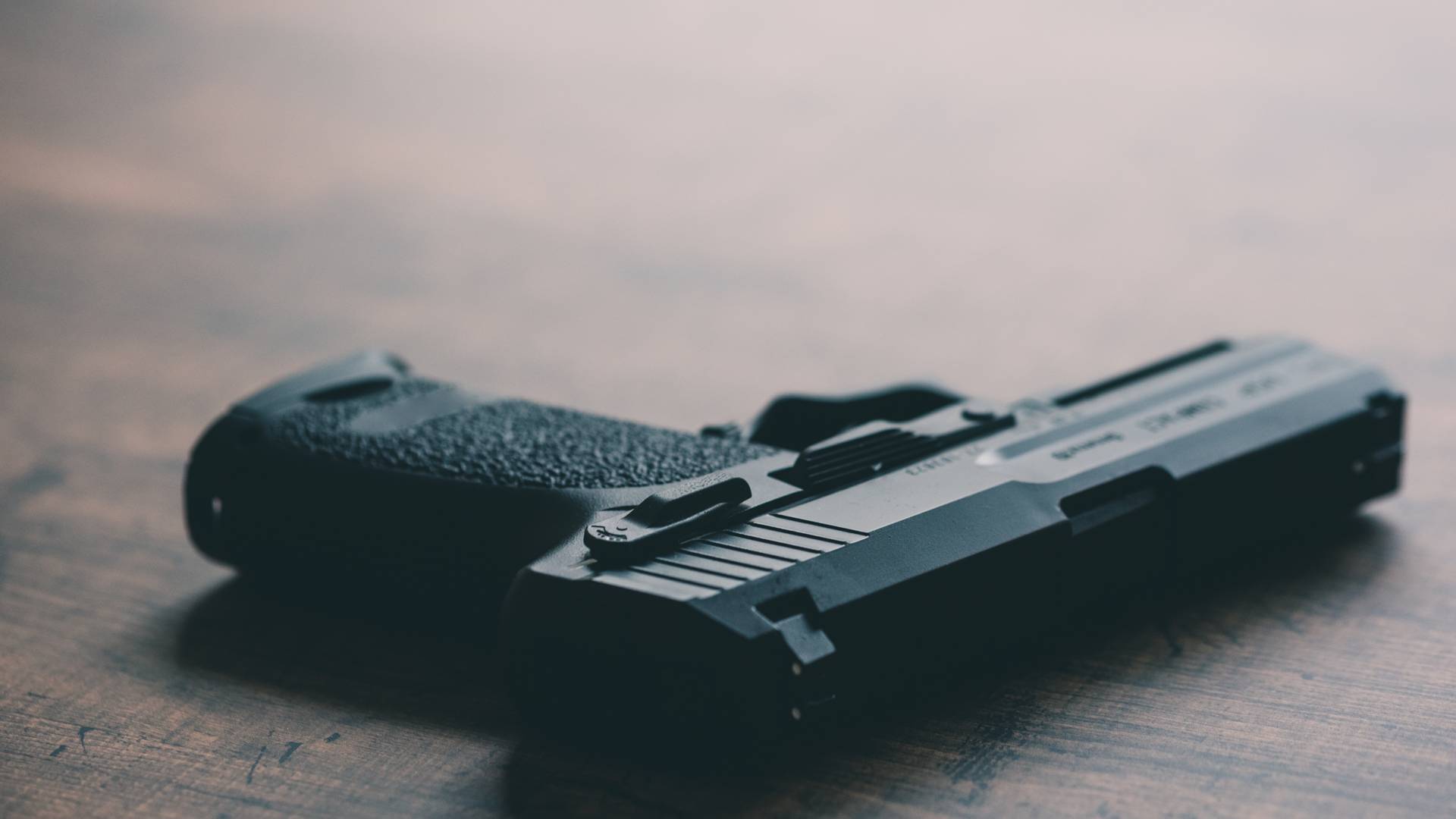Many Marylanders are arrested for DUI based, at least in part, on the results of a Breathalyzer test. These handheld tools use sensor technologies to measure a person's blood alcohol content (BAC).
Some use fuel cell sensors, while others use semiconductor sensors. Those that use fuel cell sensors are the more accurate of the two, and less likely to register false positives. People who have diabetes or who are following a low calorie diet, for example, can have a false positive result on a fuel cell sensor Breathalyzer, but not on one that uses semiconductor sensors.
There are other factors that can cause people who submit to any type of Breathalyzer to produce a reading that doesn't accurately reflect the amount of alcohol that's in their system. In some cases, the reading is heightened because of the alcohol vapor they register. Certain breath fresheners, mouthwashes and medications used to treat toothaches, for example, can impact the reading.
Fumes from external sources may also influence a Breathalyzer;s reading. If there are substances such as paint, varnish, adhesives and some plastics, nearby, for example. The fumes emitted can increase the BAC level reading.
Breathalyzers have to be working properly and maintained correctly to provide accurate readings. Software glitches can occur. Further, they have to be regularly calibrated and used consistently. They need fresh, working batteries.
Police officers have to be properly trained to use and read Breathalyzers. If an officer has made a mistake in administering a test, the reading may be inaccurate.
Experienced Maryland DUI attorneys know what questions to ask to determine whether a Breathalyzer tool was working and administered properly. They also know what other factors could cause an inaccurate reading. Breathalyzer results can't be used against a person if there's evidence that they aren't accurate. It's essential to discuss this with your attorney if you believe that the Breathalyzer reading that contributed to your arrest was inaccurate.
Source: BACTrack, "Are Breathalyzers Accurate?," accessed June 07, 2018

